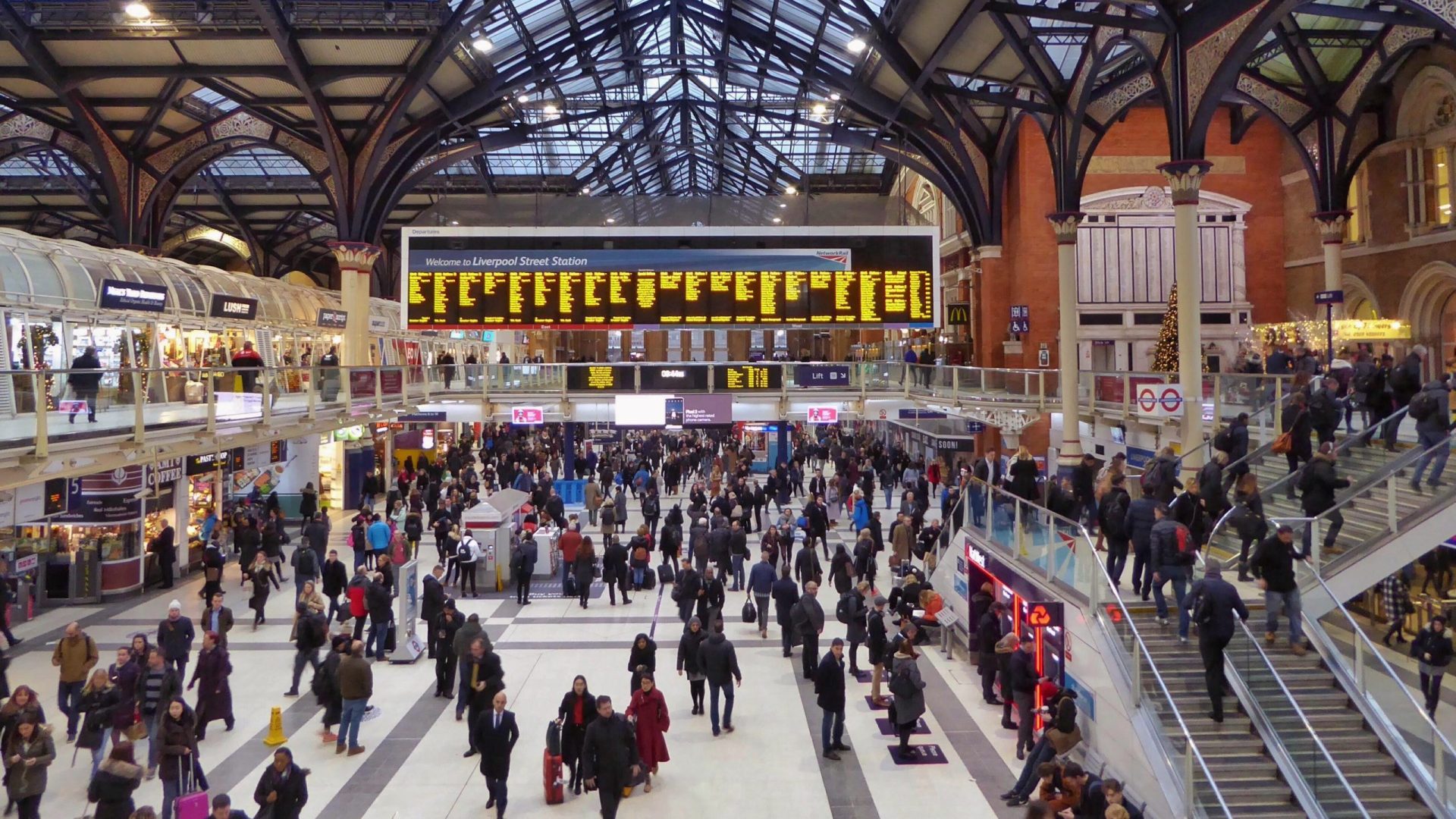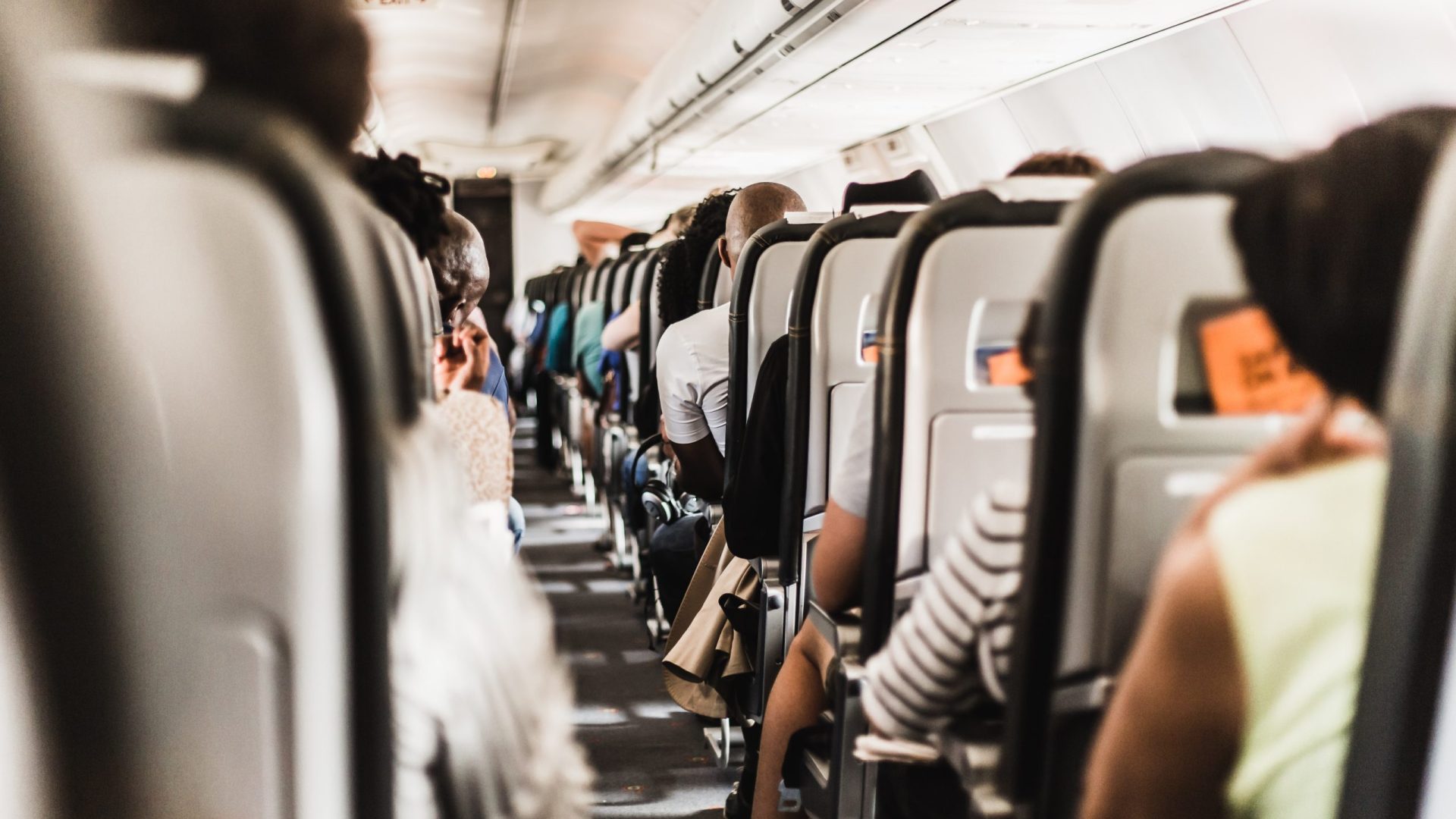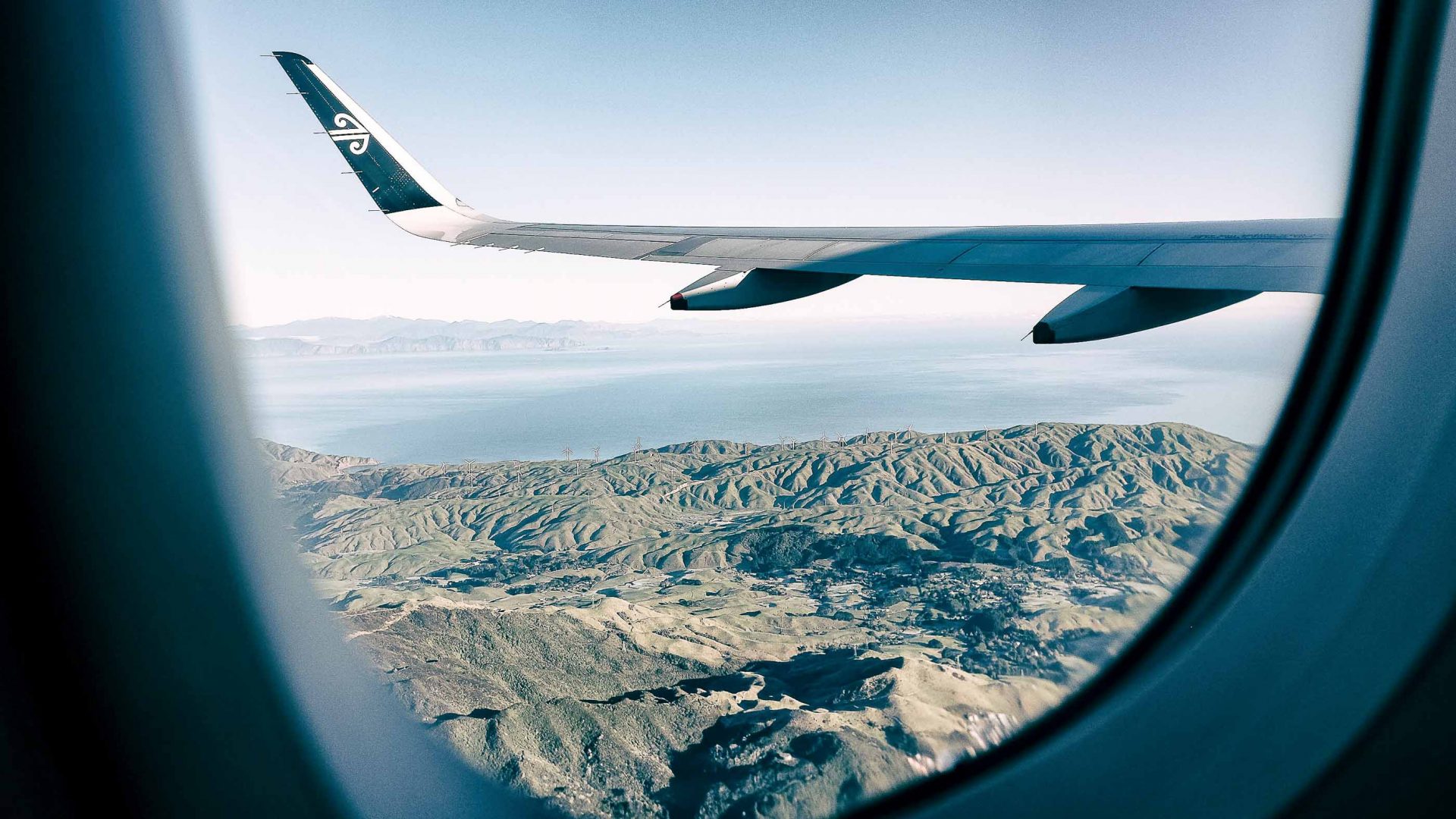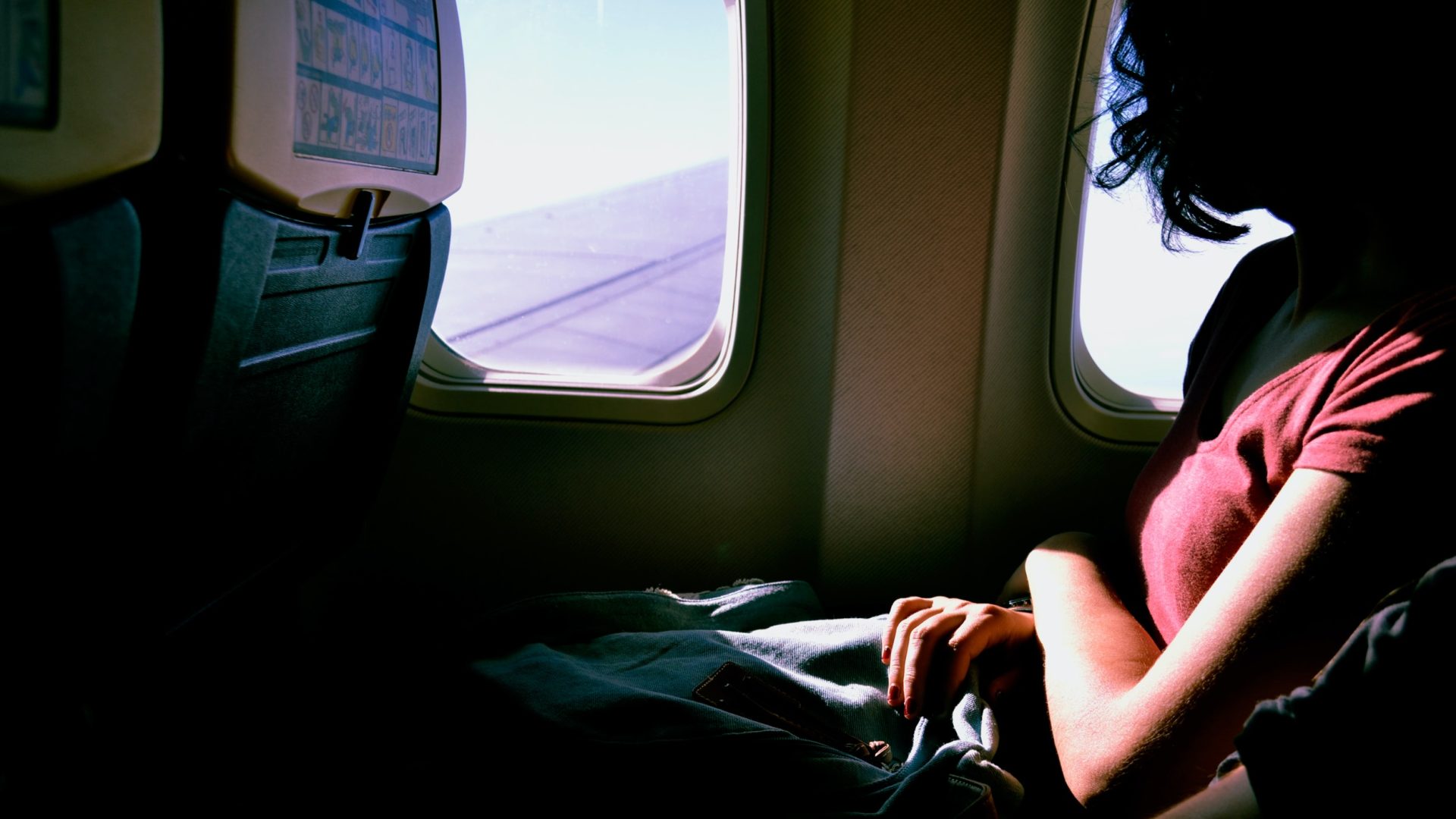But there’s more to it than just attracting travelers. Not only do airlines stand to lose customers if they have a reputation for being late, but they can also get fined by government agencies. In the US, airlines such as United, American, and Southwest have all been fined at least USD$1 million each for tarmac delays, according to CNT. In the European Union, airlines owe passengers cash and other consolation prizes (such as airport meal vouchers and hotel rooms, when necessary) when they’re at fault for a delay.
According to the Bureau of Transportation Statistics, a flight is “delayed” if it arrives more than 15 minutes after its scheduled arrival time. In 2022, more than a fifth of flights were delayed, according to FinanceBuzz, and “without that extra padding time, the number of delayed flights balloons to more than 30 percent.”
You could view this as nefarious airline trickery, but at the same time, that padding also just makes sense, according to Max Barrus, vice president of planning and revenue at Breeze Airways, told the Washington Post.
“The reality is you can’t fix every single potential problem that could occur on a given day of travel, but you can build a little bit of padding into the schedule,” he says. “If you didn’t do that, nobody would ever be on time.”








